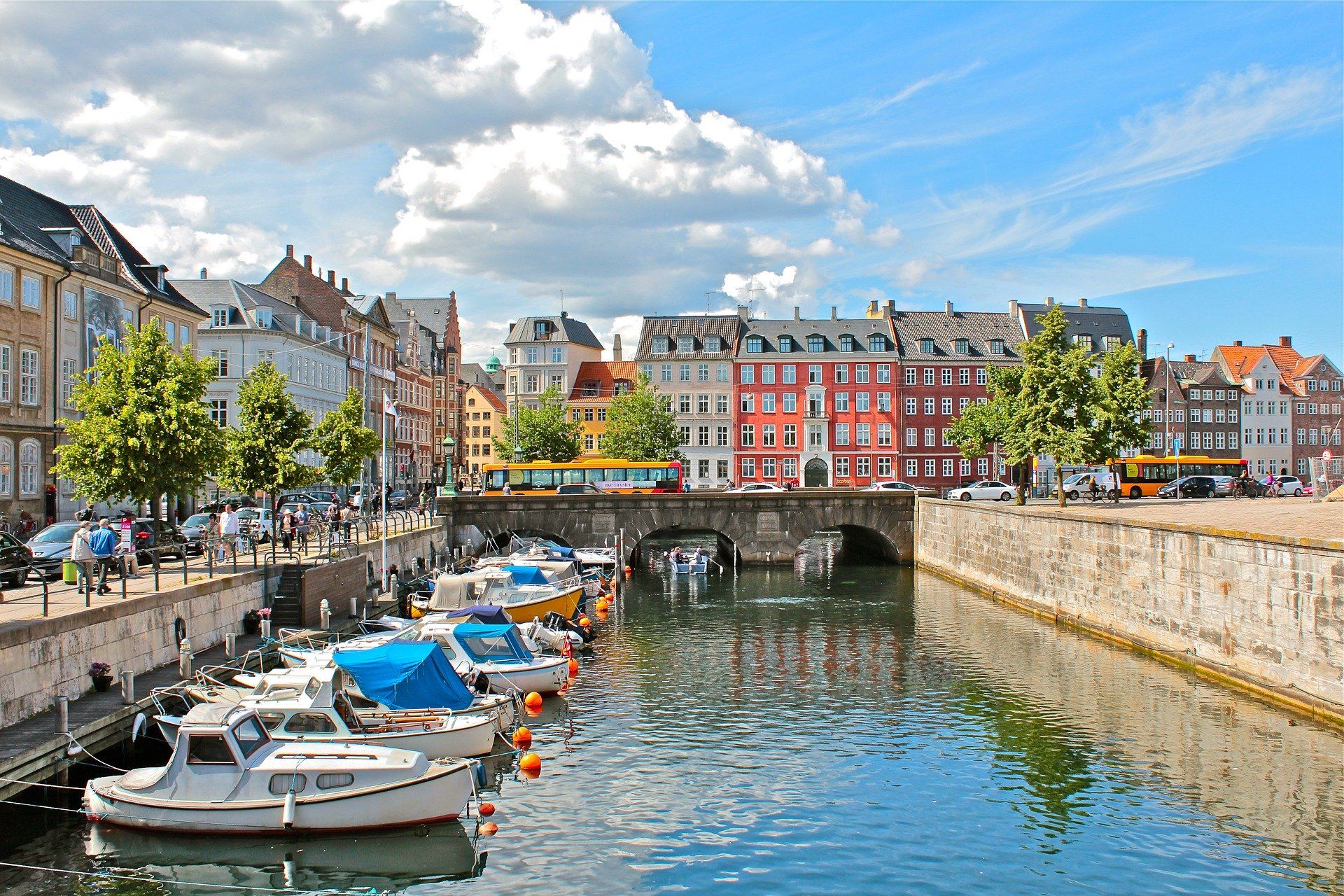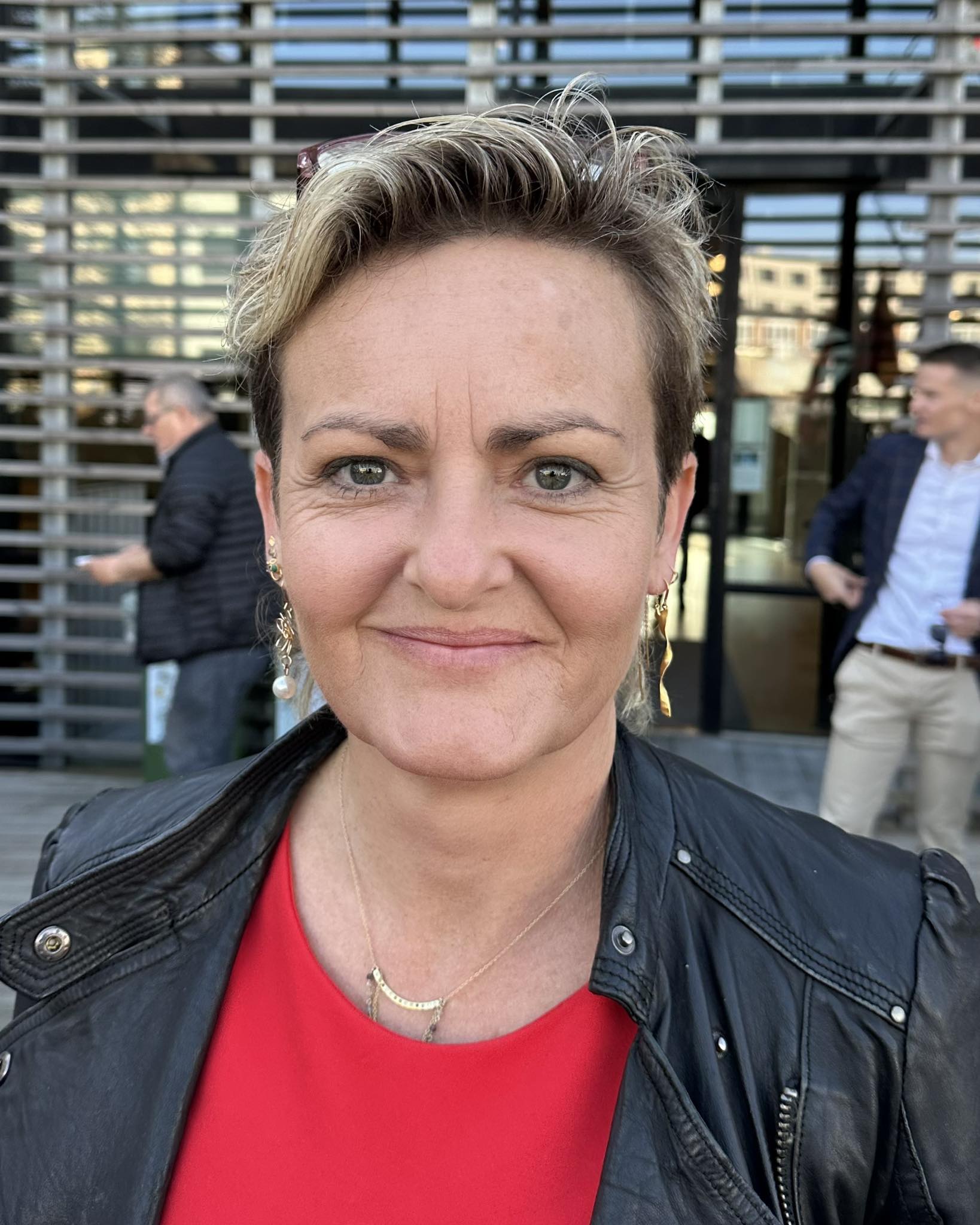At least 55 unaccompanied children seeking asylum in Denmark have had their mobile phones confiscated by the police within the past few months.
The police have confirmed the new practice, which they contend is permitted according to Danish law in cases where they need to ascertain the identification of a foreigner.
“If you come to the country maintaining you are from Syria, but have nothing to prove it, the mobile phone is the best way to undercover the truth,” Richard Østerlund la Cour, a police inspector who is the head of the National Immigration Centre, told Politiken newspaper.
READ MORE: Reports of radical Muslims at Danish asylum centres
Last resort
La Cour contended that the mobile phone confiscation only takes place when there are no other avenues left to pursue in order to identify someone.
Parliament is looking into whether there is a quicker way to identify the child asylum-seekers.
Several asylum centres have noted the issue and contend that many of the young asylum-seekers are distraught as some have been without their phones for months.











